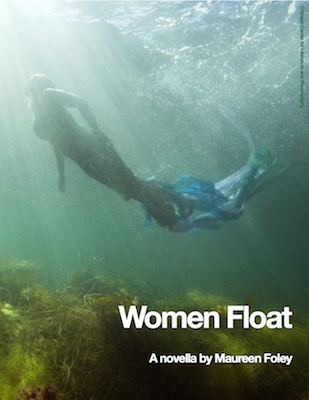The names may be different, the locales may boast an unfamiliar topography and the events may have a turn all their own; but, once in a very great while, a work emerges that is capable of providing the seldom-uttered assurance that this story is your story. It is akin to the caress of the author’s hand upon your cheek or the splaying of fingers through your hair, accompanied by a whisper that encourages you to find healing within the pain that resides at the core of her character’s own heart. You realize that, by embracing her abandonment, you are able to let go of your own. By hearing her lies, you are able to discover the truth within your own tales.
At twenty-nine, Win finds herself amid her Saturn return, trying to make what sense she can of nearly three decades that have known more than their share of loss, rejection, fear and disappointment. Surrounded by well-meaning friends with a penchant for new age modalities, her process is facilitated by everything from a water blessing ceremony to a Make Your Own Shrine Kit. Determined to release her fear, Win vows to return to the water. Though her mother, Janie, who left her at the age of nine, may have been something of a mermaid, Win has always feared the water and has never learned to swim… until now, twenty years after Janie went away.
Indeed, the first chapter of Maureen Foley’s Women Float serves as one of the most touching openings in recent memory. A recounting of Win’s ninth birthday, the last birthday in which she had her mother, the chapter introduces complexities, contradictions and metaphors that weave their way throughout the remainder of the work, ultimately juxtaposing her last encounter with the water during childhood with her first encounter in adulthood.
The insights gleaned into Win’s relationship with Janie are palpably heartbreaking, from the baking of her own birthday cake to the terror that her mother would be angry that she went out too far in the water; yet, even as the story unfolds, Janie cannot be fully understood. She’s simply too elusive, for the reader as well as Win herself; and, we continue to come back to the one question that begs answering — What compelled Janie to deny her daughter access to the freedom and power that resides in the unshakable knowledge that she can float?
Yet, this unbidden soul quest is about much more than making peace with the past. Take, for example, the love she holds for her best friend Mia, which is destined never to be reciprocated. Or the lies Win tells that not only convey an altered reality but the denial of her personal truth. Or the mysterious postcards, which only exacerbate her longing. At what point do the visions within her mind’s eye manifest themselves in conscious and mindful action? What does it take for one to liberate herself by letting go of that which does not serve her and to embrace her personal power?
Remarkably, enhancing the genuine sense of presence with which Foley pens Win’s heart is the undulating quality of the writing itself, reflected within imagery that lends a sensuous cadence to the work as a whole. There is very little of a linear narrative in the telling of Win’s story; and, the more we understand her experience, the looser becomes our own grasp on reality. Distinctions blur between the actual and the imagined, surrender and indifference, courage and fear… until Win begins to trust herself to let go… and we choose to do the same.



